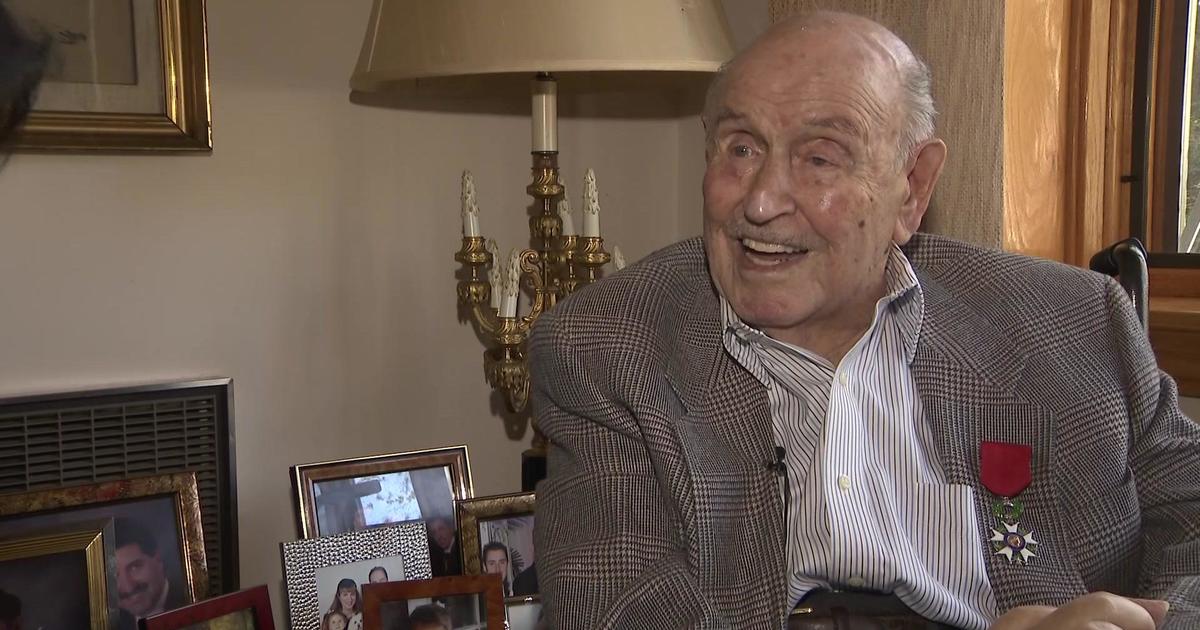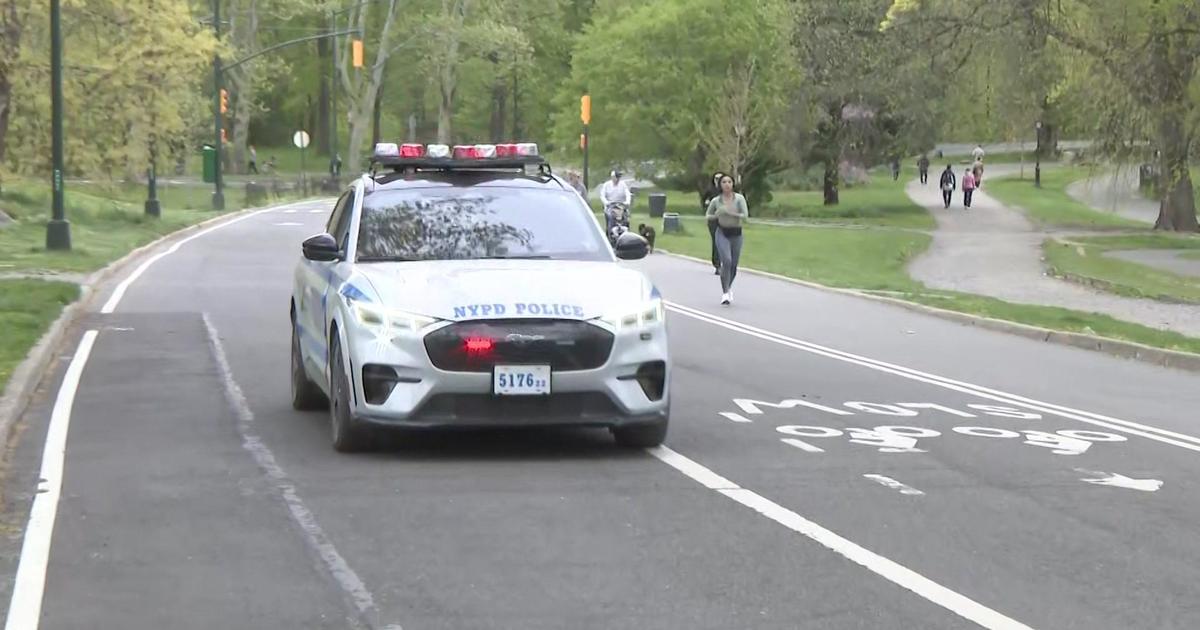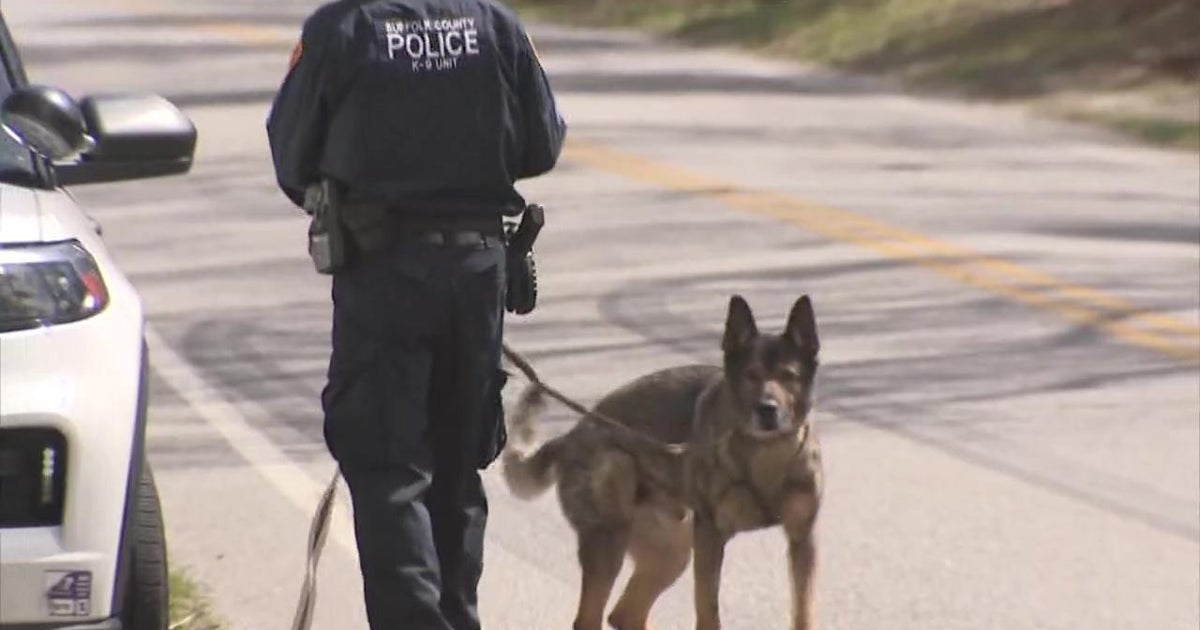Lawyer For Kennedy Cousin Michael Skakel Working To Get Conviction Tossed
NEW HAVEN, Conn. (CBSNewYork/AP) - Kennedy cousin Michael Skakel is trying to get his 2002 murder conviction overturned by arguing that his trial attorney failed to competently defend him against weak evidence, reigniting a long simmering debate over the strength of the sensational case.
A trial starts Tuesday in Rockville Superior Court in the latest appeal by Skakel, the 52-year-old nephew of Robert F. Kennedy's widow, Ethel. Skakel is serving 20 years to life in prison for the 1975 golf club bludgeoning of his Greenwich neighbor Martha Moxley when they were 15.
Skakel, who has lost a series of appeals over the years and a bid for parole last year, is hoping to get out of prison through a writ of habeas corpus arguing he was deprived of his constitutional right to effective legal representation when Michael Sherman was his attorney.
Dorthy Moxley, the victim's mother, said she will attend the trial. She said that there is no new evidence and that she hopes it will be the last appeal because it brings back painful memories.
"There are things that you put out of your mind and you don't want to think about, but it all comes back,'' Moxley said, her voice breaking.
Skakel's current attorney, Hubert Santos, argues that his client's conviction is based on two witnesses of dubious credibility who claimed Skakel confessed to the crime. He contends the verdict likely would have been different if Sherman had conducted an appropriate investigation, obtained evidence and challenged inappropriate state evidence.
Robert F. Kennedy Jr., Skakel's cousin who is listed as a potential witness for the trial, believes Skakel should have been exonerated.
"It was a 27-year-old crime that had an army of suspects with evidence against them much more formidable than the evidence against Michael,'' Kennedy said.
Prosecutors have long bristled over arguments the evidence was weak. Skakel's conviction came after more than a dozen witnesses testified that he made incriminating statements, including three direct confessions, prosecutor Susann Gill wrote in court papers.
Sherman, who has appeared frequently on national television shows as a legal analyst and is listed as a potential witness, declined to comment on the latest appeal. He has said he did all he could to prevent Skakel's conviction.
Attorneys for Skakel argue that Sherman failed to challenge the state's star witness by finding witnesses who later rejected his claim that Skakel confessed to the crime. Skakel said Sherman failed to obtain evidence pointing to other suspects.
Skakel's attorneys say Sherman failed to investigate a change in the account by Skakel's brother Thomas, an early suspect in the case because he was the last person seen with Martha. They say Thomas Skakel in the 1990s told investigators for the first time that he and Martha were intimate the night she died and that he was a habitual liar who had a "long neurological and psychiatric history'' and a history of temper outbursts.
Skakel's attorneys didn't accuse Thomas Skakel of the crime but said Sherman could have introduced at trial the statement he made to a private investigative firm hired by the Skakel family. Both Thomas and Michael Skakel changed their accounts in interviews with the firm.
Thomas Skakel is on a list of potential witnesses to be called at the trial.
Gill dismissed the arguments about Thomas Skakel as "rank speculation'' and said there was no proof that Sherman could have presented a defense based on the theory that Thomas Skakel committed the crime.
Skakel's attorneys also accused Sherman of ignoring a claim by a former classmate of Skakel's, Gitano "Tony'' Bryant, implicating two other men in her death. Skakel sought a new trial based on that claim, but a judge rejected it as not credible.
Gill said Sherman was not told details of Bryant's account or his name before the trial. Kennedy was involved in efforts to bring that claim to light after Skakel's conviction.
Santos also argues that Sherman was "not reasonably competent'' during jury selection, putting a police officer on the jury, and that he failed to make a reasonably competent closing argument.
Sherman failed to obtain a police sketch of a man seen walking near the Moxley property the night of the murder that resembled an early suspect, Santos said. Gill countered that police concluded the sketch was of a neighbor.
Gill says many of the issues cited in the latest challenge to the conviction were previously rejected in earlier appeals.
Skakel's claim argues that Sherman had significant financial problems and didn't devote enough money to retain investigators and expert consultants. Sherman served about six months in prison for failing to pay more than $400,000 in income taxes and was released in 2011.
Skakel has lost two appeals before the Connecticut Supreme Court.
Earlier this year, Skakel's attorney tried to get his sentence reduced, arguing Skakel should have been tried as a minor and given a juvenile detention sentence. If he had been tried as a minor, the maximum sentence would have been four years behind bars.
(TM and © Copyright 2013 CBS Radio Inc. and its relevant subsidiaries. CBS RADIO and EYE Logo TM and Copyright 2013 CBS Broadcasting Inc. Used under license. All Rights Reserved. This material may not be published, broadcast, rewritten, or redistributed. The Associated Press contributed to this report.)



